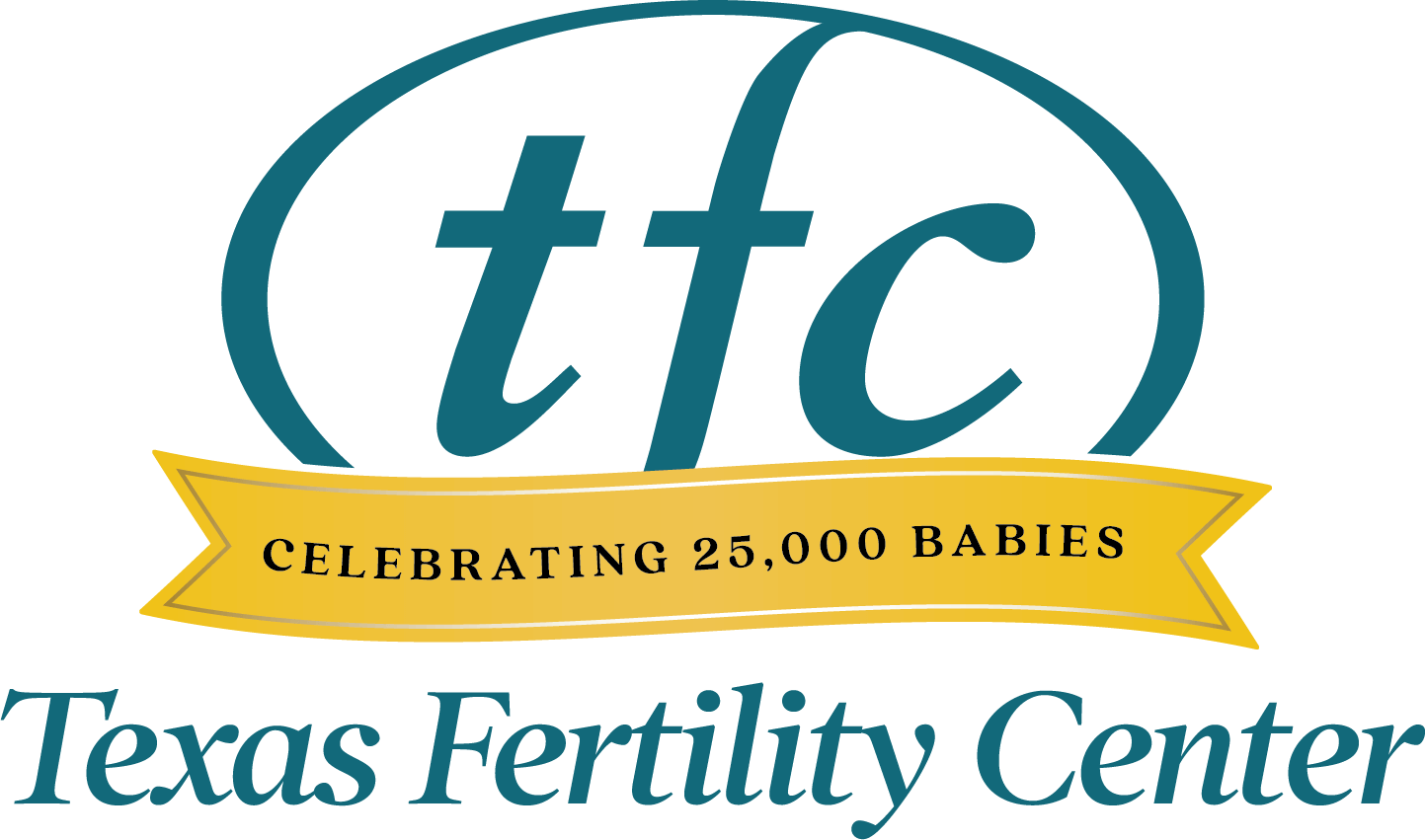
Luteal phase support can help patients build families
Our New Braunfels fertility center provides luteal phase support for women struggling with certain fertility issues. A luteal phase defect occurs when a woman’s body produces less progesterone than normal during the luteal phase of the ovulatory cycle.
Because progesterone is essential for the healthy development of the uterine lining, a luteal phase defect can affect the implantation of an embryo in the uterus. With luteal phase support, women can increase their chances of developing a healthy pregnancy.
The ovulatory cycle affects a woman’s journey to motherhood
During the ovulatory cycle, which is the process of an ovary releasing an egg, the body goes through two phases: the follicular phase and the luteal phase. Each phase is essential in the process of ovulation.
Follicular phase. During this phase of the ovulatory cycle, an ovarian follicle develops. This follicle is a fluid-filled sac within the ovary that contains the egg. As the follicle develops, it releases estradiol, a type of estrogen, which causes the uterine lining to thicken and increases the production of cervical mucus that supports sperm in penetrating the egg. This phase ends with the release of the egg.
Luteal phase. After the release of the egg, the cells remaining in the ovarian follicle, known as a corpus luteum, start producing progesterone. This hormone causes the uterine lining to continue thickening in preparation for the implantation of an embryo.
A luteal phase defect occurs if progesterone does not release during this phase. Short menstrual cycles are one of the most common symptoms of this fertility issue.
At our New Braunfels fertility center, endometrial biopsy is often used to diagnose this issue. This biopsy involves the collection and analysis of the patient’s uterine lining.
Progesterone supplementation provides effective luteal phase support
Progesterone supplementation is the most common type of luteal phase support we provide. Patients typically begin progesterone supplementation three days after ovulation. This supplementation thickens the uterine lining and increases the chance of an embryo properly implanting. Progesterone supplementation can also decrease the chance of miscarriage.
If you need progesterone supplementation, your fertility specialist at our New Braunfels fertility center will recommend which type of medication will be most effective for you.
Our team works closely with patients to help them determine if an ovulatory challenge is the cause of their fertility issues, so they can take the next step on the path to parenthood.
Contact us for more information about our fertility services.



